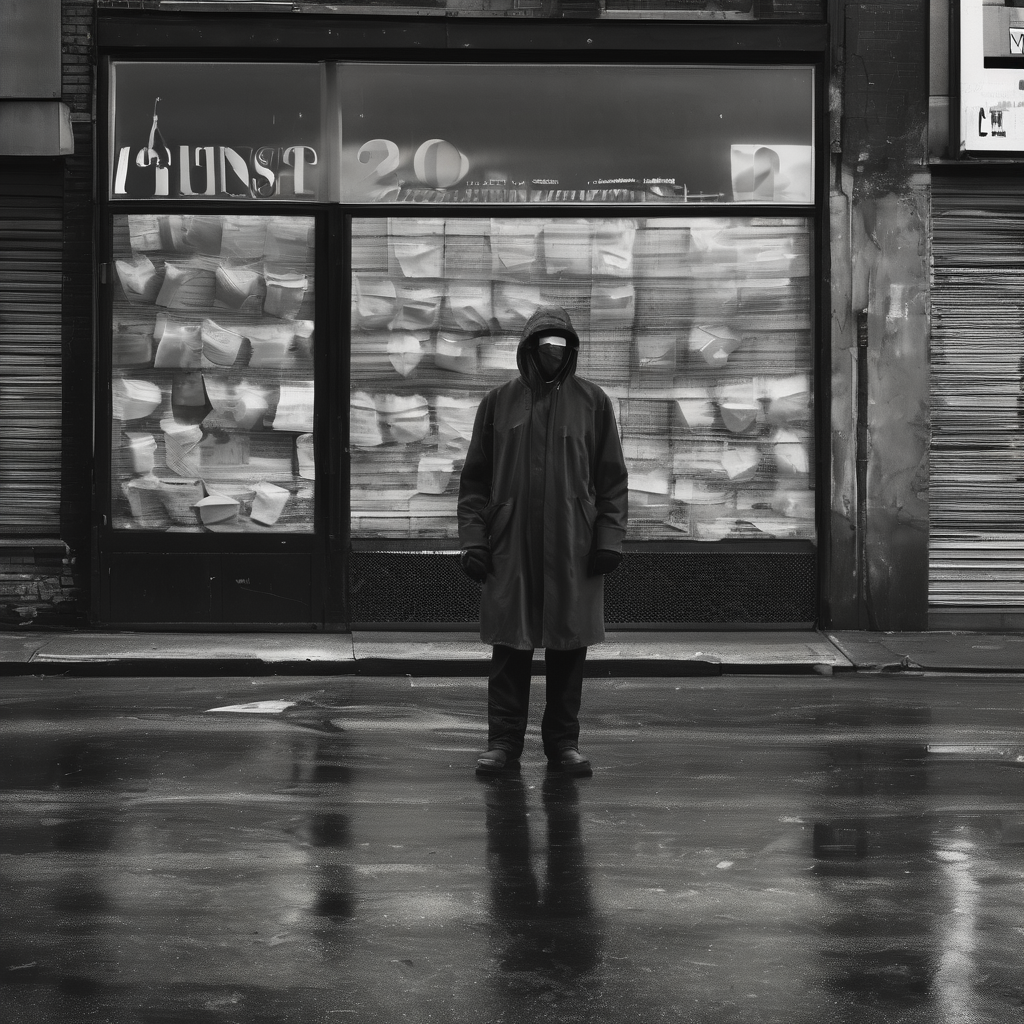French director Julia Ducournau draws on her personal experiences and societal anxieties in her new drama “Alpha.” Acclaimed for her Palme d’Or-winning film “Titane,” Ducournau’s latest project delves into the story of a troubled teenager navigating a world altered by a terrifying virus that petrifies individuals in marble-like forms.
The narrative centers on young Alpha, portrayed by Melissa Boros, who faces consequences after a reckless tattoo session during a party raises fears that she may have contracted a deadly virus. This situation leads to her ostracism at school, echoing themes of fear and social rejection that Ducournau identifies as resonant with contemporary global issues. While the film draws nostalgic connections to the AIDS crisis of the 1980s and 1990s, Ducournau emphasizes that “Alpha” is not specifically about AIDS. Instead, she aims to illuminate the cyclical nature of fear and hostility that often arises in crisis situations.
Ducournau reveals her intentions, stating, “I felt that these emotions that I’m feeling every day, this knot in my stomach… are something I needed to address.” Through “Alpha,” she highlights the stark reality faced by young people dealing with social rejection, provoking thoughtfulness with the question, “If it’s shocking for a young girl who’s fictional, how come it’s not shocking when it happens in real life?”
Joining the cast is Tahar Rahim, best known for his role in “The Prophet,” playing Alpha’s uncle Amin, who struggles with drug addiction. Rahim underwent a significant physical transformation for the role, losing over 20 kilograms (44 pounds) to authentically represent his character’s hardships. His experience volunteering with those grappling with addiction deepened his performance, as he intricately portrays the challenges of addiction and family dynamics.
Set to premiere in UK cinemas, “Alpha” is poised to stimulate conversations around the representation of youth in cinema, societal trauma, and the implications of fear-driven narratives on individual identities. The film not only navigates these pressing themes but also serves as a compelling commentary on the human condition amid chaos and adversity.
As audiences anticipate the arrival of “Alpha,” the film emerges as a source of hope, emphasizing the critical role of storytelling in encouraging understanding and empathy in a world marked by division. Ducournau’s groundbreaking work continues to challenge boundaries and provide profound insights into the emotional battles faced by many today, ensuring relevance in today’s complex landscape.
